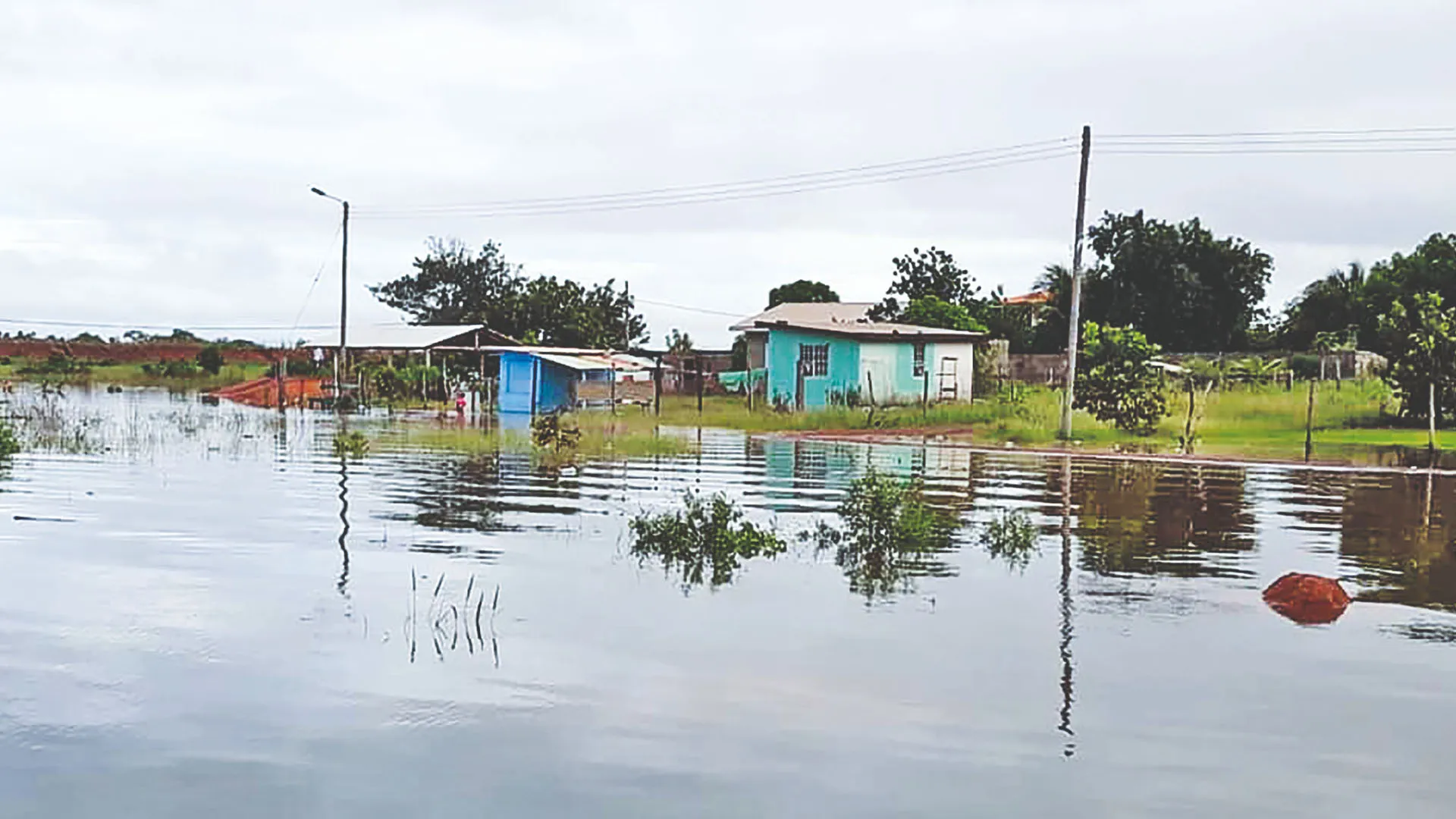Georgetown – Guyana is in the midst of an economic transformation unlike any in its history. Propelled by vast offshore oil discoveries, our nation has vaulted to the top of global growth rankings – the IMF expects a 10.3% expansion this year, cementing Guyana’s status as the world’s fastest-growing economy. Such dizzying growth brings enormous opportunities to improve living standards, but also sobering responsibilities. As Guyanese, we face a pivotal question: How do we ensure today’s oil boom translates into lasting prosperity for all, not just a fleeting bonanza for a few? The answer lies in prudent, forward-looking management – something the current administration has largely embraced, and must continue to practice diligently.
Encouragingly, international observers have taken note of Guyana’s careful stewardship thus far. The International Monetary Fund recently “commended Guyana’s authorities for their commitment to macroeconomic stability, fiscal sustainability, and inclusive growth”. Unlike many resource-rich countries that fell prey to the “resource curse,” Guyana has so far avoided runaway spending or neglect of other industries. Key to this has been the government’s conscious effort to invest oil revenues in transformational projects – upgrading roads, bridges, ports, and power plants – while keeping debt low. Budget 2025, for example, allocates a record G$209 billion to modernize infrastructure nationwide. These are investments that can boost productivity and diversify our economy for decades beyond the oil era.
Equally important has been a focus on human development. The government’s decision to make the University of Guyana tuition-free from this year – fulfilling a major promise – exemplifies the long-term vision needed now. By abolishing fees for tertiary education, Guyana is essentially investing a share of oil wealth directly into its people, building a more skilled workforce to drive future growth. Similarly, initiatives like the Guyana-Mount Sinai partnership, backed by a US$125 million fund from Hess Corporation, aim to create a world-class health system by 2030. And cash transfer programs – from “Because We Care” school grants to pandemic relief payouts – have injected oil revenues at the grassroots level, raising disposable incomes and reducing poverty. These choices are building social capital and goodwill, essential for stability in a rapidly changing society.
Yet, the oil boom’s early success should not breed complacency. Windfall revenues can be double-edged – without transparency and restraint, they could fuel corruption or inflation. There are cautionary tales across the globe of petrodollars squandered on vanity projects or siphoned off by elites. Guyana must continue to strengthen institutions like the Natural Resource Fund (our sovereign wealth fund) to save and invest earnings judiciously. Oversight mechanisms – from parliamentary committees to an empowered Audit Office – need to keep pace with the billions flowing into state coffers. It is also crucial to manage expectations: oil cannot solve every problem overnight. Diversifying the economy remains vital; the non-oil sectors must not be neglected. Encouragingly, non-oil GDP is projected to grow even faster than oil GDP this year, suggesting that sectors like agriculture, mining, and services are also on an upswing. Policies that support entrepreneurship, local content, and value-added industries will help ensure Guyana’s fortunes aren’t tied to the volatile price of crude.
Above all, inclusive planning is key. The fruits of the oil boom must reach all Guyanese – from the Indigenous communities in Rupununi to the sugar workers in Berbice to the urban youth in Georgetown. This is not just a moral imperative but an economic one: broad-based growth creates a larger, more dynamic domestic market and prevents social unrest born of inequality. In this regard, the administration’s “One Guyana” approach to development – emphasizing equal opportunity regardless of race or region – is the right course. It’s worth recalling that barely five years ago, Guyana was grappling with political uncertainty and economic stagnation. Today, we are brimming with optimism. To sustain that optimism for generations to come, our leaders must remain careful custodians of the national wealth. If we spend wisely, save prudently, and invest in our people, Guyana’s oil era can indeed herald a golden age of diversification and resilience. The eyes of the world are watching, and more importantly, the hopes of our citizens – present and future – rest on getting this right.




